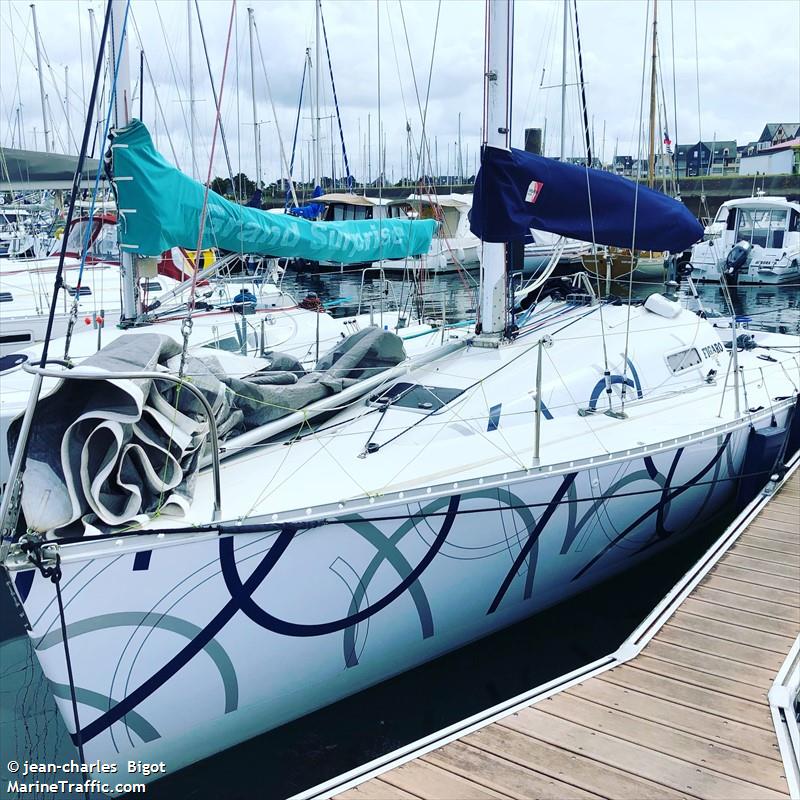China clamping down on shadow fleet

Even Russia’s closest allies are getting jittery about the state of the tonnage being used to haul oil across the globe.
Data analytics firm Vortexa has reported of Chinese ports raising their scrutiny regarding port inspection when it comes to older tankers. The latest port to implement tighter measures is the port of Qingdao, focusing on 10+ years old foreign tankers that have changed hands in the past three years.
Maersk Broker has details of the crude tanker Titan, which was detained at Qingdao for a month, after failing 20 safety counts in an inspection. Other ships, including the Ocean Peri suezmax (pictured), have also been detained for weeks at a time too.
The vessel currently called Titan after being renamed seven times have owners that are hard to trace while insurance of the vessel also remains murky.
“Although insufficient documentation and safety lapses are typical for vessels operating in opaque markets carrying Russian, Iranian and Venezuelan crude, the increasing number of tankers detained in Asian ports could mark a potential shift in the attitude towards ageing vessel operating in the grey fleet,” Maersk Broker noted in its latest weekly tanker report.
Data analytics firm Vortexa assessed, as of early May, that exactly 1,000 unique tankers have operated in what it terms as the opaque market since January 2021, of which 745 of them were still active in the first quarter this year.
Over at brokers BRS, meanwhile, the latest analysis shows the grey fleet is still expanding, but at a slower pace than earlier this year.
The latest update from BRS shows there are 758 tankers in the so-called grey fleet, up from 731 a month ago.
“This suggests that the grey fleet growth rate is slowing down,” commented Andrew Wilson, BRS’s head of research, a point of view shared by many S&P brokers who have noticed a slowdown in vintage tanker sales recently.
The shadow fleet has more than tripled in size since the start of the war between Russia and Ukraine, with TankerTrackers.com suggesting recently that one in five VLCCs are “up to no good”.
TankerTrackers.com, one of the world’s leading authorities on the illicit seaborne movement of oil, has its own visually-proven numbers on the dark fleet, which as of two weeks ago tallied 544 ships.
Major class societies, managers, and insurers have shunned former clients in Moscow, Tehran and Caracas, with substandard tonnage subsequently running into trouble at many destinations around the world, exacerbated by increased use of ship-to-ship transfer operations, all of which is proving a tremendous strain on the world’s shipping insurers.
“The simple fact is that a growing number of vessels that are transporting oil are insured, flagged, and classed with institutions and countries that do not provide anything like the same technical and regulatory oversight as we have come to expect whilst those providing the insurance cover lack the experience and quite possibly the financial capacity to deal with a major incident,” commented Mike Salthouse, a sanctions expert and head of external affairs at NorthStandard, in conversation with Splash earlier this month.
China’s thirst for illicit oil is also throwing up some strange mathematics. According to TankerTrackers.com, China officially reports that its imports of Malaysian crude oil are so high that they are now double of what Malaysia produces.

 , which was detained at Qingdao for a month, after failing 20 safety counts in an inspection. Other ships, including the Ocean Peri suezmax (pictured), have also been detained for weeks at a time too.
, which was detained at Qingdao for a month, after failing 20 safety counts in an inspection. Other ships, including the Ocean Peri suezmax (pictured), have also been detained for weeks at a time too.